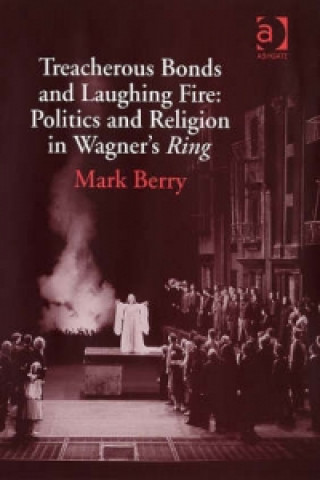
Kod: 04680047
Treacherous Bonds and Laughing Fire: Politics and Religion in Wagner's Ring
Autor Mark Berry
Mark Berry explores the political and religious ideas expounded in Wagner's 'Ring' through close attention to the text and drama, the multifarious intellectual influences upon the composer during the work's lengthy gestation and c ... więcej
- Język:
 Angielski
Angielski - Oprawa: Twarda
- Liczba stron: 304
Wydawca: Taylor & Francis Ltd, 2005
- Więcej informacji o książce

Zobacz książki o podobnej tematyce
-

Richard Wagner's Beethoven (1870)
613.59 zł -
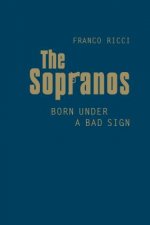
Sopranos
342.50 zł -4 % -
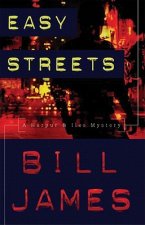
Easy Streets
81.69 zł -1 % -
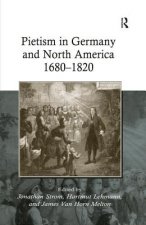
Pietism in Germany and North America 1680-1820
897.97 zł -
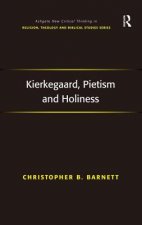
Kierkegaard, Pietism and Holiness
902.10 zł -
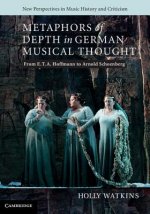
Metaphors of Depth in German Musical Thought
483.73 zł -

Music of Hugh Wood
902.10 zł
Bon podarunkowy: Radość gwarantowana
- Podaruj bon o dowolnej wartości, a my się zajmiemy resztą.
- Bon podarunkowy dotyczy całej naszej oferty.
- Możesz wydrukować elektroniczny bon z e-maila a następnie przekazać go obdarowanemu.
- Ważność bonu wynosi 12 miesięcy od daty wystawienia.
Więcej informacji o Treacherous Bonds and Laughing Fire: Politics and Religion in Wagner's Ring
Za ten zakup dostaniesz 525 punkty
 Opis
Opis
Mark Berry explores the political and religious ideas expounded in Wagner's 'Ring' through close attention to the text and drama, the multifarious intellectual influences upon the composer during the work's lengthy gestation and composition, and the wealth of Wagner source material. Many of his writings are explicitly political in their concerns, for Wagner was emphatically not a revolutionary solely for the sake of art. Yet it would be misleading to see even the most 'political' tracts as somehow divorced from the aesthetic realm; Wagner's radical challenge to liberal-democratic politics makes no such distinction. This book considers Wagner's treatment of various worlds: nature, politics, economics, and metaphysics, in order to explain just how radical that challenge is. Classical interpretations have tended to opt either for an 'optimistic' view of the 'Ring', centred upon the influence of Young Hegelian thought - in particular the philosophy of Ludwig Feuerbach - and Wagner's concomitant revolutionary politics, or for the 'pessimistic' option, removing the disillusioned Wagner-in-Swiss-exile from the political sphere and stressing the undoubtedly important role of Arthur Schopenhauer. Such an 'either-or' approach seriously misrepresents not only Wagner's compositional method but also his intellectual method. It also sidelines inconvenient aspects of the dramas that fail to 'fit' whichever interpretation is selected. Wagner's tendency is not progressively to recant previous 'errors' in his oeuvre. Radical ideas are not completely replaced by a Schopenhauerian world-view, however loudly the composer might come to trumpet his apparent 'conversion'. Nor is Wagner's truly an Hegelian method, although Hegelian dialectic plays an important role. In fact, Wagner is in many ways not really a systematic thinker at all (which is not to portray him as self-consciously unsystematic in a Nietzschean, let alone 'post-modernist' fashion). His tendency, rather, is agglomerative, with ideas and influences overlapping. Indeed, the claim made sometimes that the 'Ring' does not make sense touches upon an important truth in pointing towards the complexity of process. The claim errs, however, in failing to see Wagner's progression as one of self-criticism rather than incompetence. Questions and tentative solutions are tried and found wanting, leading to yet further attempts to reconcile political commitment, and the pessimistic religion seen in recognition of the nullity of the phenomenal world. 'The Ring', then, affords an extraordinary opportunity to grasp the richness and complexity of nineteenth-century thought and its underlying historical forces.
 Szczegóły książki
Szczegóły książki
Kategoria Książki po angielsku The arts Music Music: styles & genres
902.10 zł
- Pełny tytuł: Treacherous Bonds and Laughing Fire: Politics and Religion in Wagner's Ring
- Autor: Mark Berry
- Język:
 Angielski
Angielski - Oprawa: Twarda
- Liczba stron: 304
- EAN: 9780754653561
- ISBN: 0754653560
- ID: 04680047
- Wydawca: Taylor & Francis Ltd
- Waga: 600 g
- Wymiary: 163 × 241 × 23 mm
- Data wydania: 28. December 2005
Ulubione w innej kategorii
-
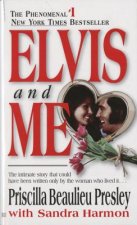
Elvis and Me
47.24 zł -1 % -

Just Kids
61.24 zł -15 % -
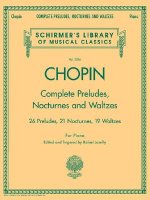
Complete Preludes, Nocturnes & Waltzes
97.71 zł -4 % -
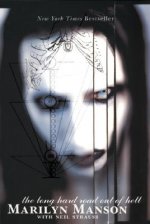
The Long Hard Road Out Of Hell
71.92 zł -15 % -

The Dirt - Mötley Crüe
61.14 zł -23 % -

Pink Floyd All The Songs
216.68 zł -20 % -

Beatles Gear
245.79 zł -4 % -

Face the Music
81.69 zł -5 % -

No One Here Gets Out Alive
41.49 zł -5 % -
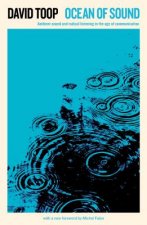
Ocean of Sound
51.87 zł -23 % -

David Bowie Is
188.87 zł -9 % -
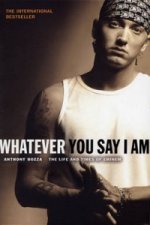
Whatever You Say I Am
56.50 zł -23 % -

Does the Noise in My Head Bother You?
47.34 zł -23 % -
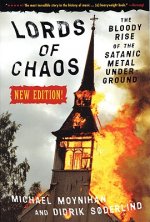
Lords Of Chaos - 2nd Edition
97.71 zł -23 % -

Hear It and Sing It!
77.56 zł -5 % -

Iron Maiden Every Album, Every Song (On Track)
105.87 zł -

Bill Evans
88.03 zł -14 % -

Rachmaninov - Concerto No. 2 in C Minor, Op. 18:
112.61 zł -6 % -

Study Quran
162.08 zł -23 % -
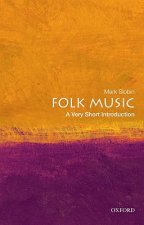
Folk Music: A Very Short Introduction
57.51 zł -5 % -

Confessions Of A Heretic
97 zł -

Moonwalk
52.37 zł -15 % -

Beastie Boys Book
137.50 zł -14 % -

Metalion: The Slayer Mag Diaries
205.50 zł -4 % -

Jazz Piano Book
184.74 zł -9 % -
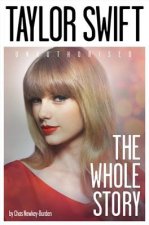
Taylor Swift
46.03 zł -23 % -

White Line Fever
43.41 zł -15 % -

A Perfect Union of Contrary Things
85.62 zł -5 % -

I Am Ozzy
61.24 zł -15 % -

Standing in the Shadows of Motown
165.70 zł -4 % -
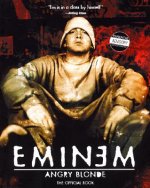
Angry Blonde
51.87 zł -23 % -
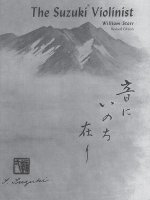
Suzuki Violinist
92.87 zł -7 % -
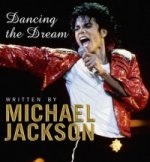
Dancing The Dream
114.33 zł -15 % -

My Friend Michael
79.47 zł -23 % -

Paul McCartney
71.92 zł -15 % -

Pink Floyd: Mind Over Matter
162.08 zł -23 % -

Burning Britain
117.55 zł -5 % -

Tokio Hotel Fever
74.82 zł -5 % -
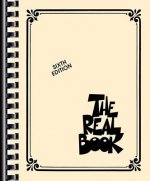
Real Book
205.70 zł -4 % -

I'm with the Band
76.55 zł -1 % -
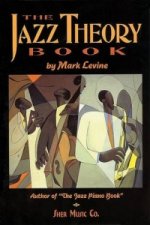
Jazz Theory Book
243.57 zł -10 % -

Eric Clapton: The Autobiography
52.37 zł -15 % -
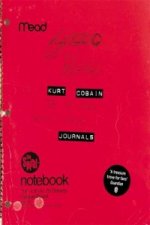
Kurt Cobain
116.24 zł -23 % -
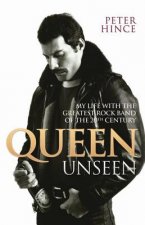
Queen Unseen - My Life with the Greatest Rock Band of the 20th Century: Revised and with Added Material
51.87 zł -23 % -
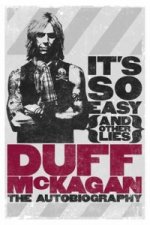
It's So Easy (and other lies)
52.37 zł -15 % -

18 and Life on Skid Row
64.66 zł -15 % -

Only Death Is Real
165.50 zł -5 % -
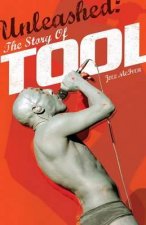
Unleashed: The Story of Tool
111.10 zł -

Ariana
38.27 zł -23 %
zadowolonych klientów
Od roku 2008 obsłużyliśmy wielu miłośników książek, ale dla nas każdy był tym wyjątkowym.
Copyright! ©2008-24 libristo.pl Wszelkie prawa zastrzeżonePrywatnieCookies



 21 milionów książek
21 milionów książek Dostawa 10.99 zł
Dostawa 10.99 zł (32) 444 93 66 (8-15.30h)
(32) 444 93 66 (8-15.30h)